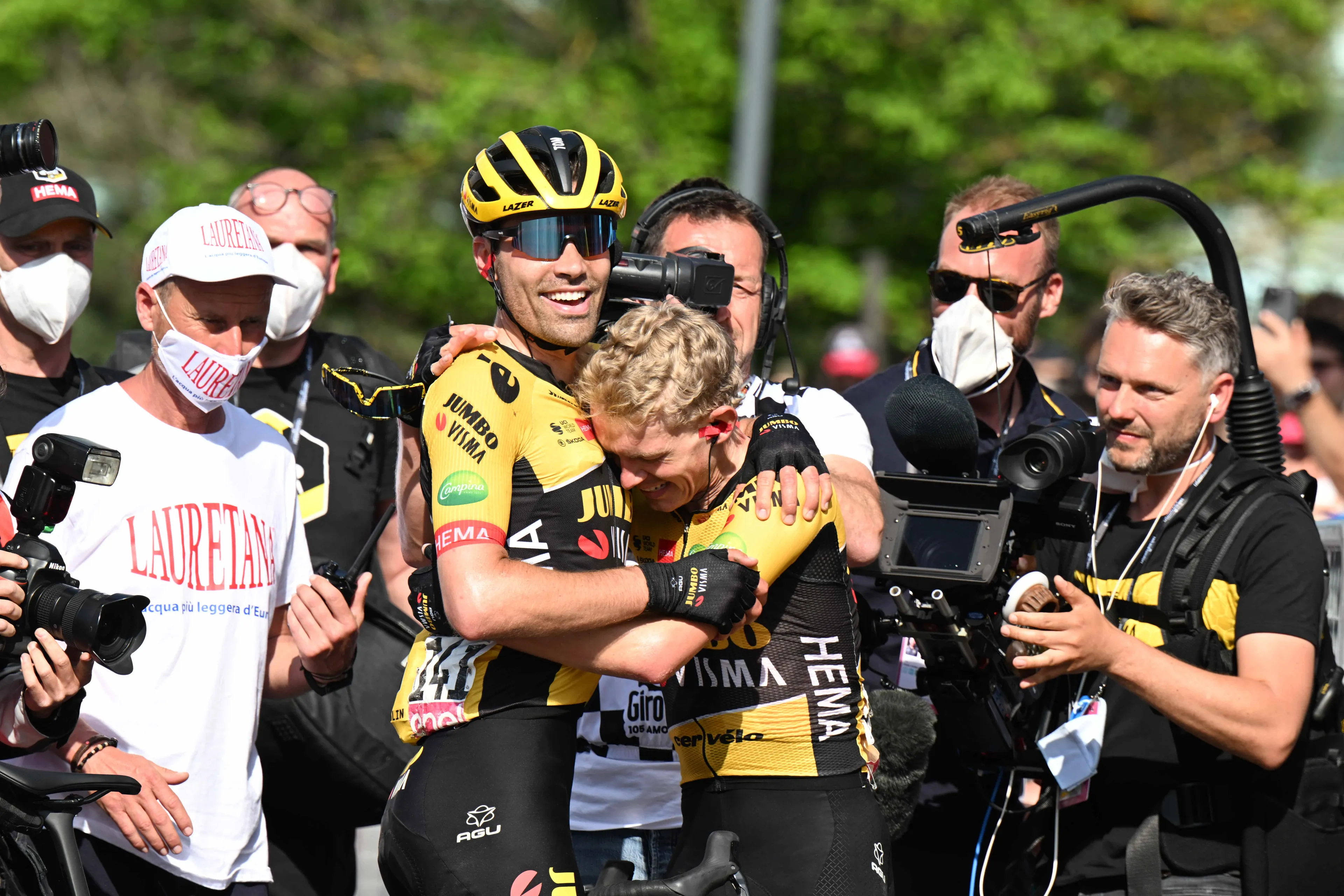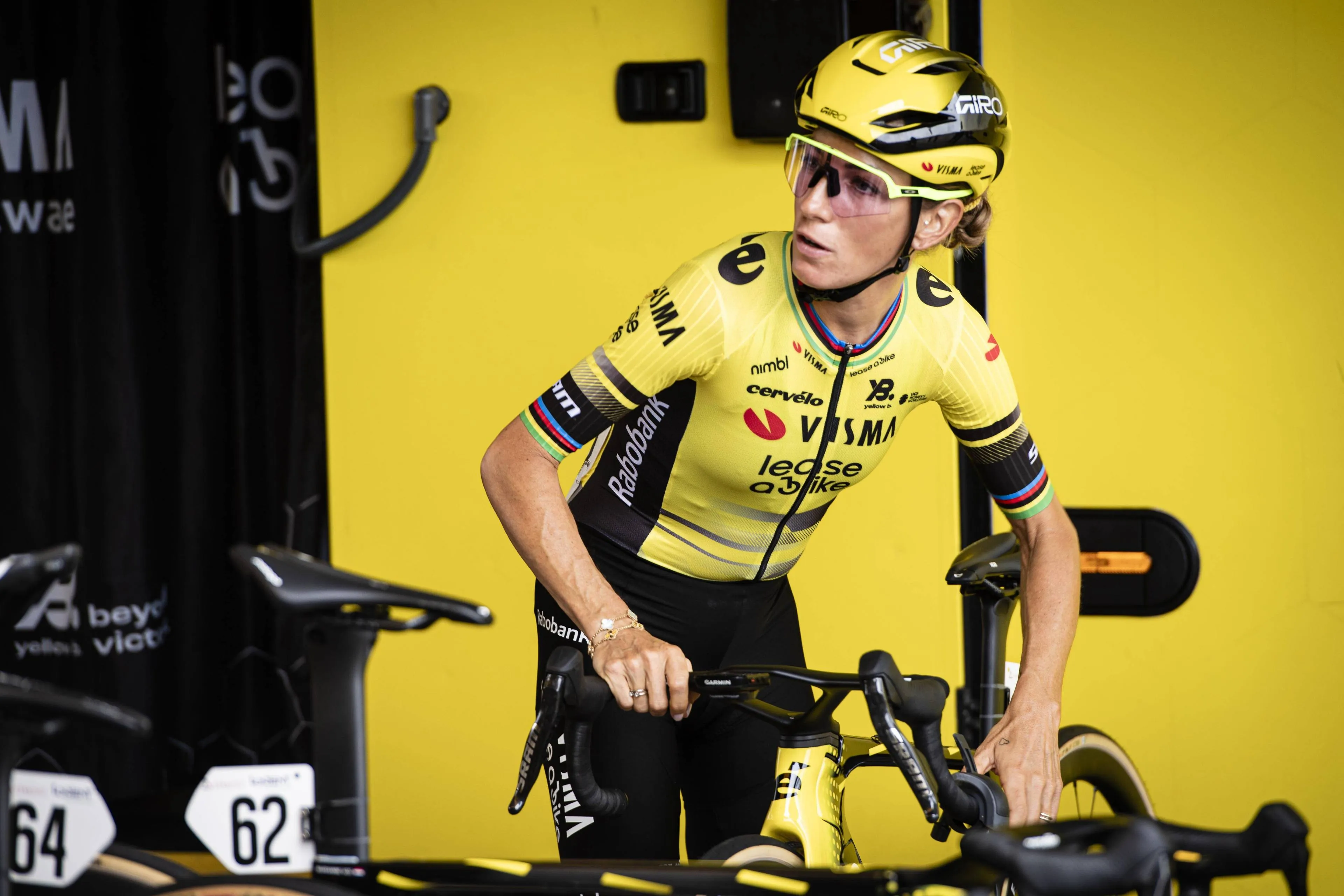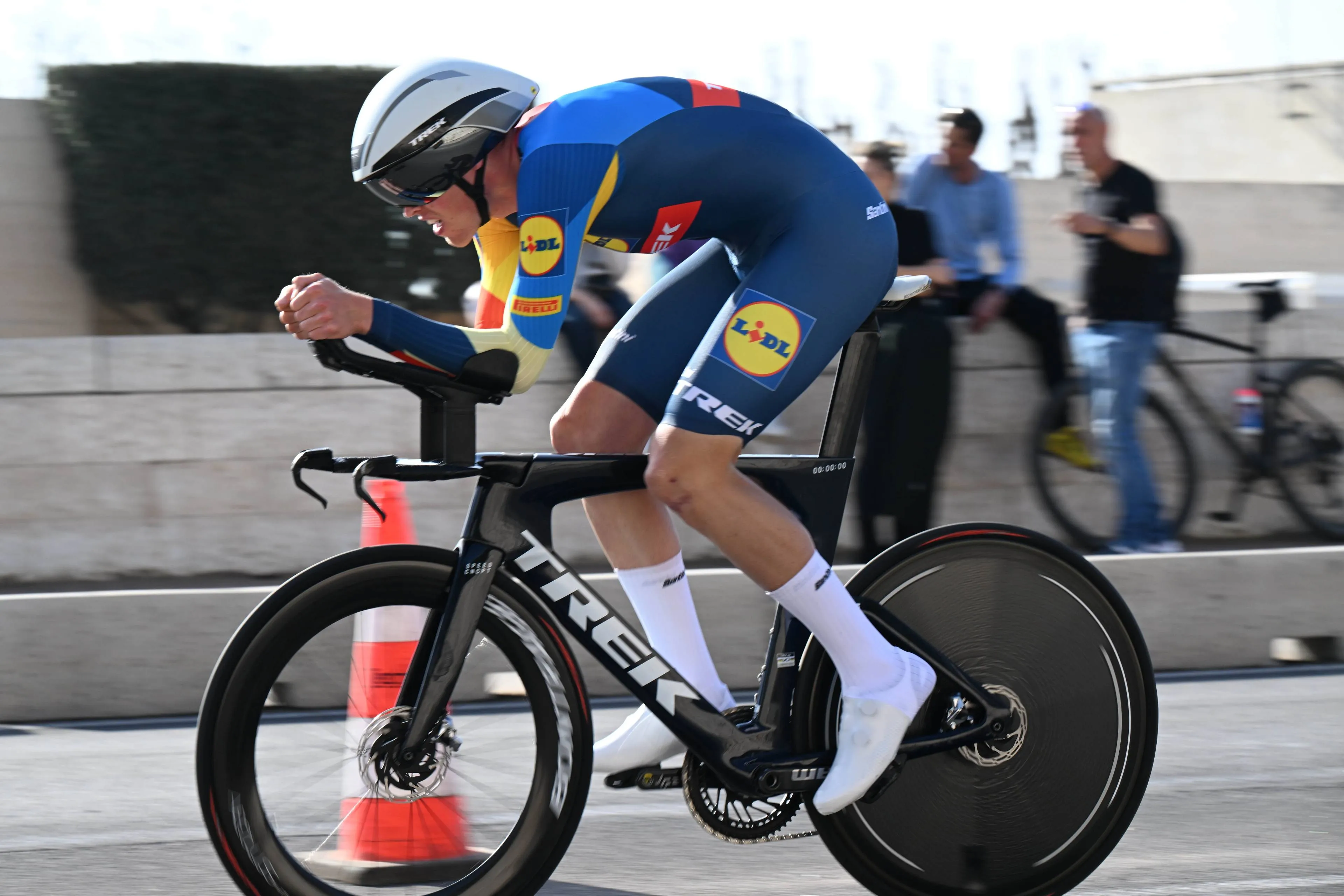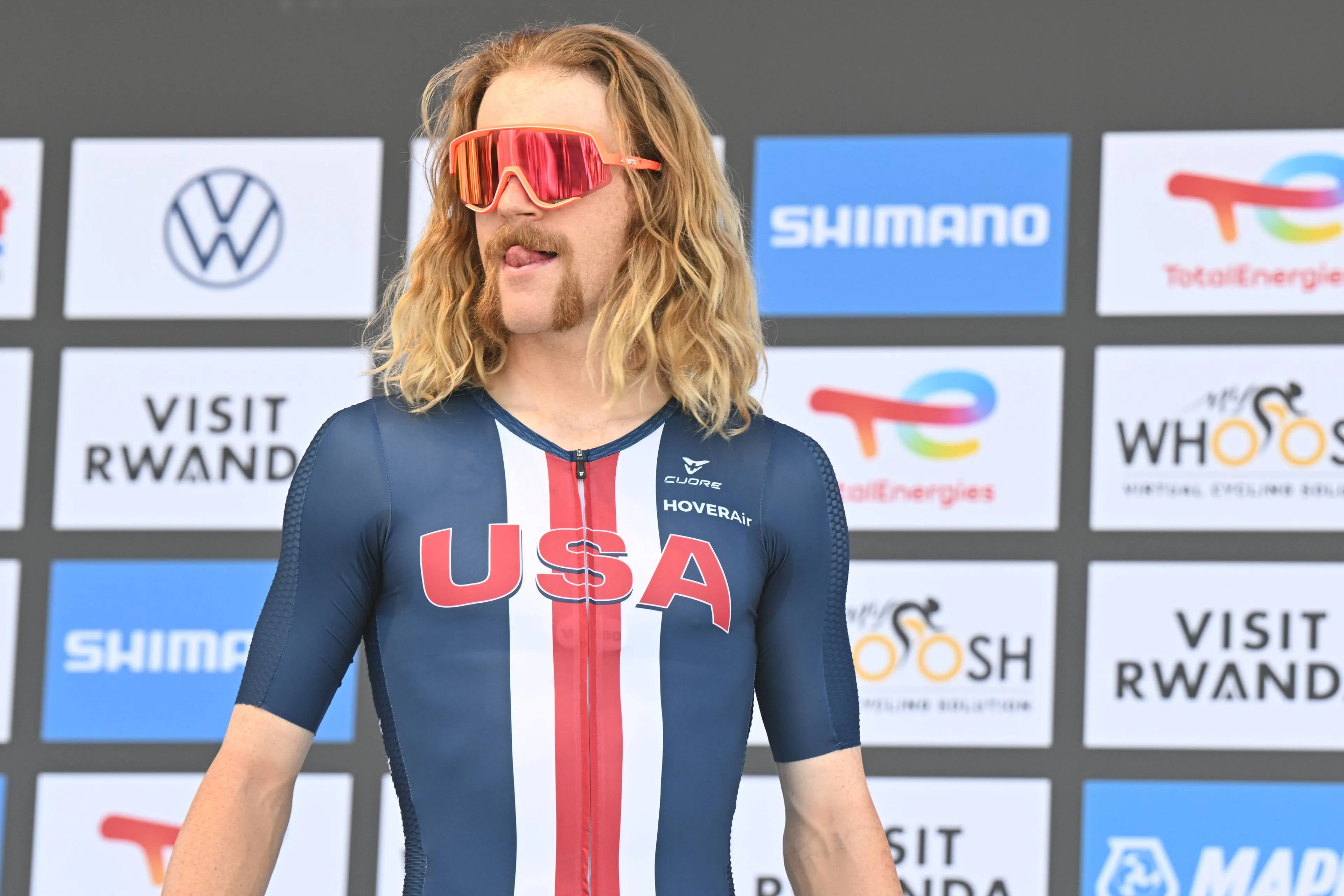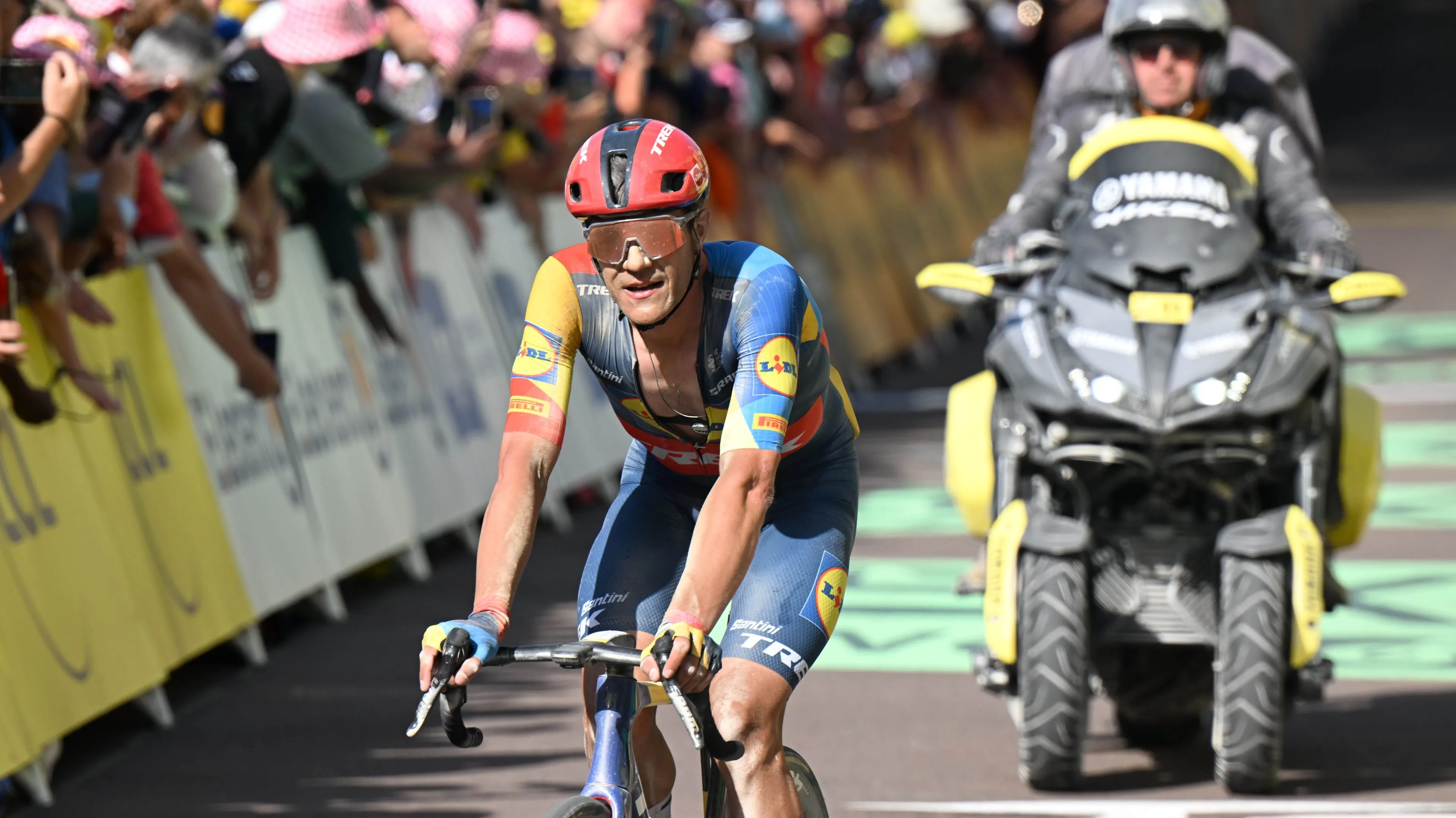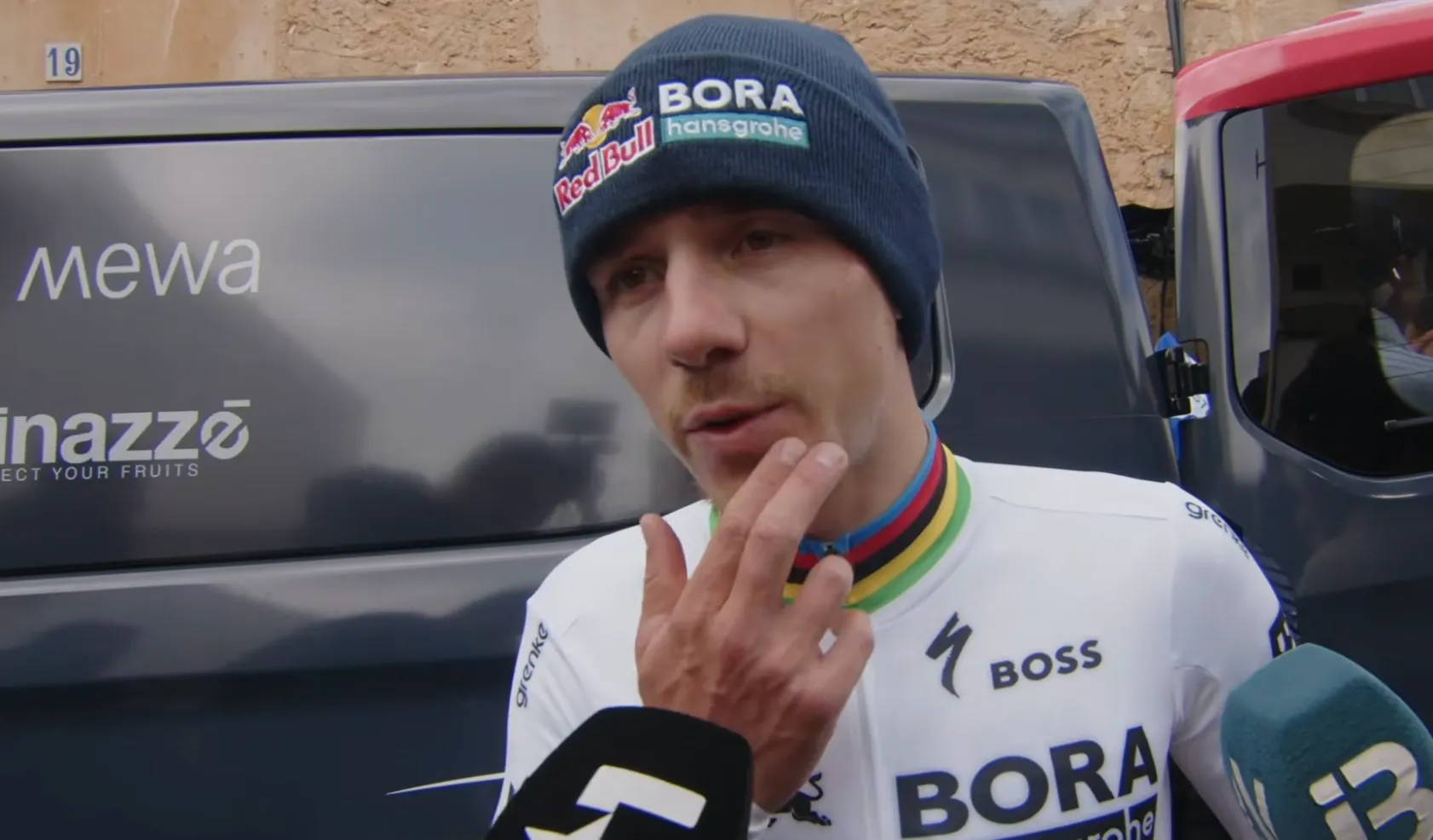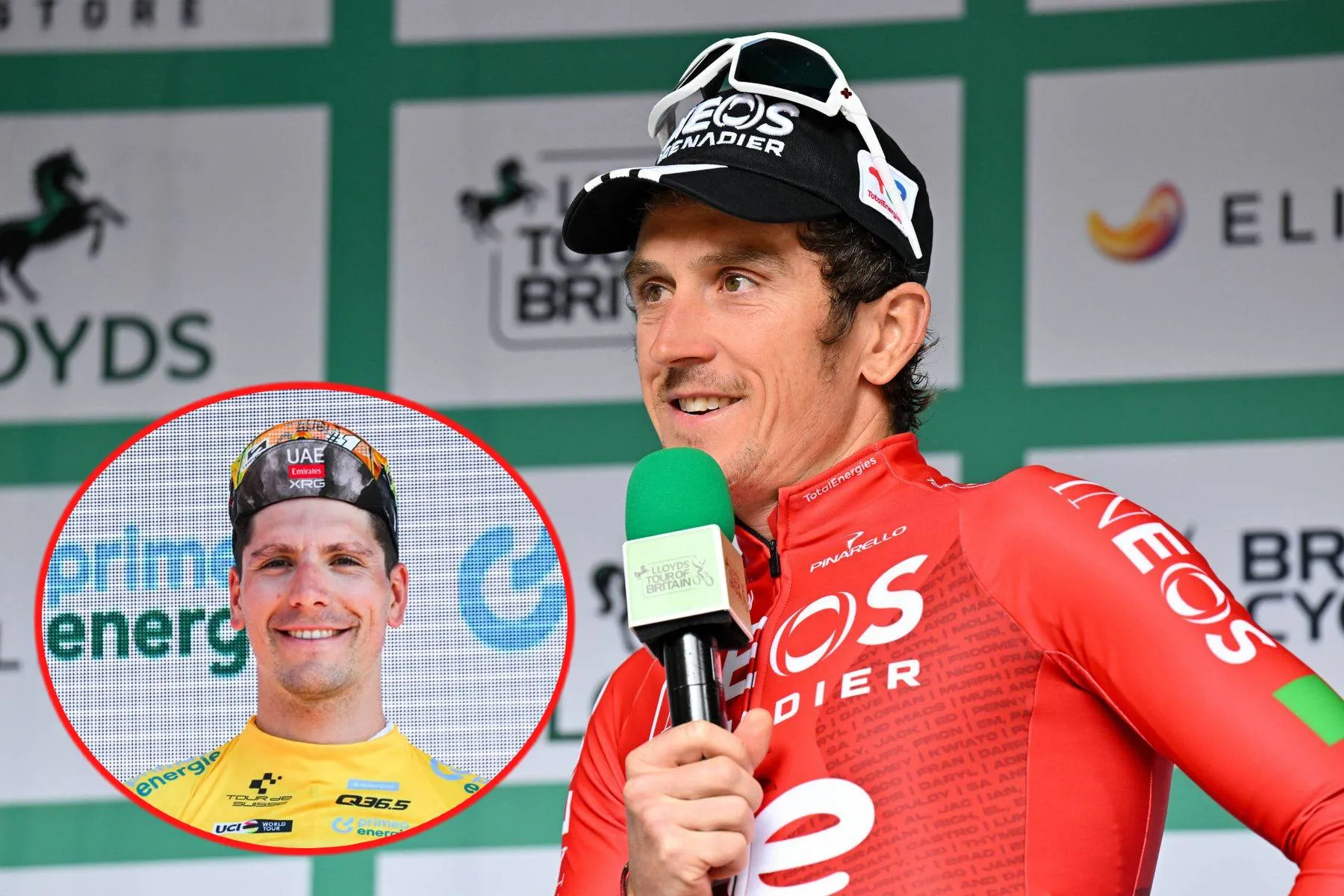"A helper that I could beat in my sleep" - Lance Armstrong reveals reason behind 2009 return to cycling
CyclingTuesday, 13 December 2022 at 00:00
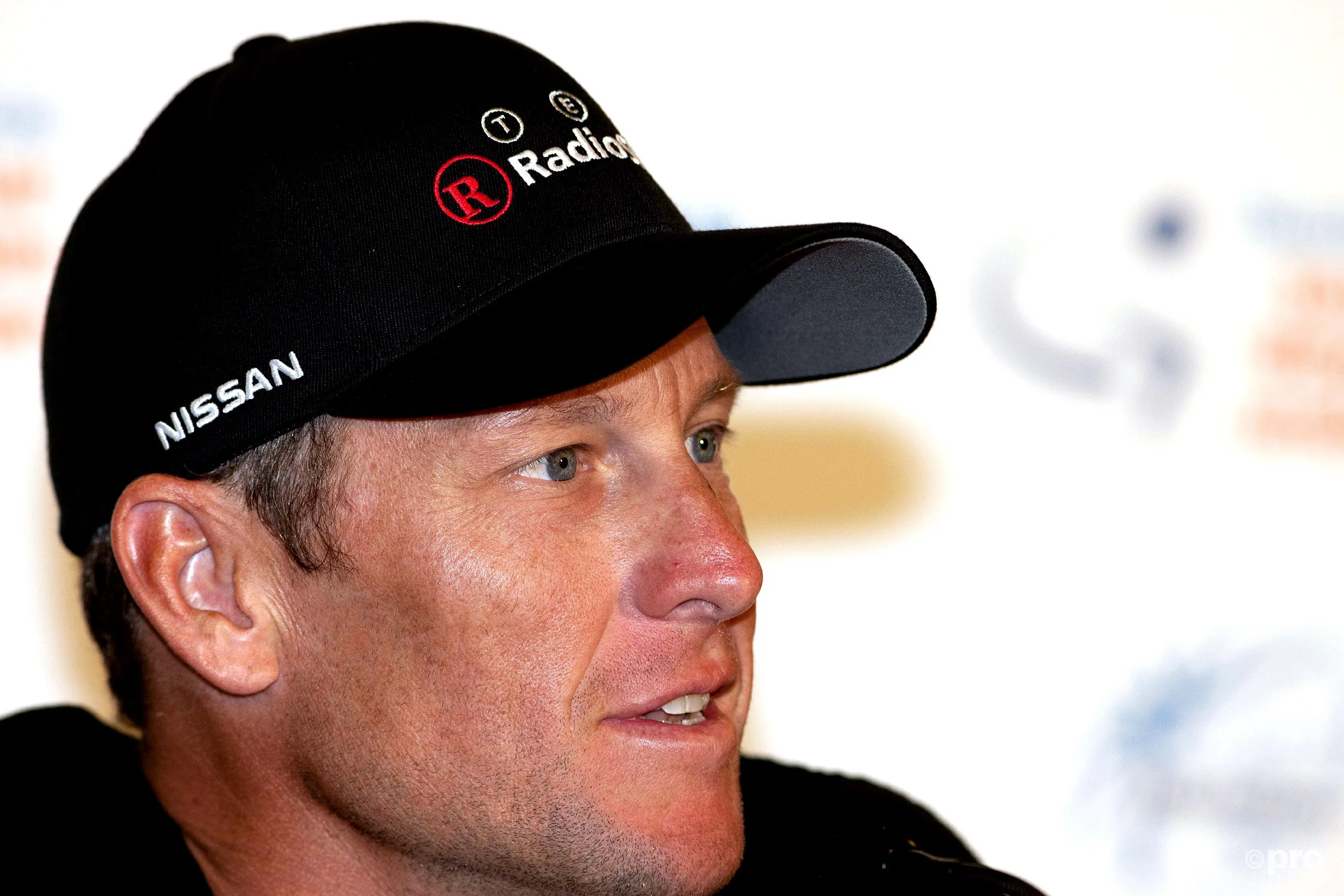
Lance Armstrong was, regardless of opinions, a marking figure in modern cycling. He's talked about his motivations behind the 2009 return to the peloton and described his downfall in a recent interview.
In an interview with Joe Pompliano, Armstrong said of his career: "It was a kind of mythical story, an American ex-cancer patient who won the Tour. But eventually the story collapsed, because cycling - including me - had to deal with a big problem. It was the Wild West and those who didn't play the game didn't stand a chance."
Read also
"You come to Europe as a motivated cyclist and you realized it was a different game," he continued, describing a dark era in cycling where doping practices were common. "Once you crossed that line, you were really over it. What is the Tour? Running a marathon every day, combined with Nascar - you have to move constantly - and chess, because you also have to be able to read your game strategically. In addition, it is very similar to politics, maintaining a relationship with other teams. And that for three weeks, with falls and everything around it."
Armstrong ended up winning seven Tour de France editions in a row from 1999 to 2005, but was later stripped of them due to the use of performance-enhancing drugs. This was discovered and the American has fallen into a position as the main figure of cycling's dark history.
Read also
"It was the perfect product, against a bad test," he said of EPO, a product used by several riders at the time. "There were always suspicions, from 1999. But, if I hadn't made a comeback, none of this would have come out. Jeff Nowitzky (the man who brought down Armstrong, ed.) went after it, he thought this is the coolest thing ever and he had the authority as a federal agent. I'll never have a beer with him, but he had the power to do it that way. And that's fine," he continued.
Armstrong specifically talked about 2008 Tour de France winner Carlos Sastre and how watching him win was a big reason for his return to the peloton in 2009. "A helper that I could beat in my sleep," he said of the Spaniard. Armstrong rode to third place at the Tour de France that year, behind his teammate Alberto Contador who took the win, and then retired in 2011 following the Tour Down Under.
Read also
"That was not possible. That made me think I could come back, but it turned out to be the bridge to the past. However, I don't regret anything, it turned out the way it turned out. You know, I have to live with it," he concluded.
Read also
claps 0visitors 0
Just in
Popular news
Latest comments
- UAE doping...I'm shocked.
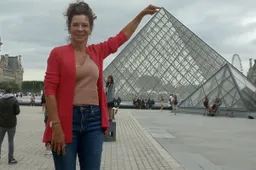 parisbound0020-02-2026
parisbound0020-02-2026 - Total scandal how long this is taking and the resistance to it. I said something like this could happen and very luckily it was more a scare than ANOTHER tragedy. Not sure it will change many people’s minds but I will be blaming them if tragedy does happen. FFS there’s ZERO disadvantage to carrying one of these, especially if its weight gets incorporated into the minimum allowed. NOBODY questions the wearing of helmets anymore and few remember the pointless resistance to that.Mistermaumau20-02-2026
- Time will tell. He did have his best year by far last year, so I am a bit reluctant to call him yesterday's man quite yet.mobk20-02-2026
- complete joke with the lead motorcycles on this TT, Jaun had the best driver for first 2 minutes maybe more at 10 bike lengths ahead.jad2920-02-2026
- Another unbelievable excuse came during the Giro dell'Emilia'24. He claimed something got in his eye, then he couldn't finish. My friend from Bologna was in the crowd and told me he was crying with frustration (Pogacar dropped him on the climb to San Luca). Remco's problem is that he refuses to be "just" a great champion; he wants to be Mertz or more than Mertz
 maria2024202420-02-2026
maria2024202420-02-2026 - I’m afraid Almeida’s time has come, and gone. He’s had chances to win more but with the strength of the new crop of youngsters, there’ll be little left for him to pick up. He’s just a slightly more aggressive Sepp Kuss, born to assist.Mistermaumau20-02-2026
- Just as circumstantial as market manipulation by the too big to shut ups these days. There’s are only very limited resources to follow up everything and so more and more people realise the risk isn’t that highMistermaumau20-02-2026
- Mediocre TT for Almeida relative to his usual. Seixas definitely proving he is the real deal here.mobk20-02-2026
- It does not take a genius to know that the intended recipient is Soler but again evidence is circumstantialabstractengineer20-02-2026
- The aircon in his room was not working but it was working in the other teammates rooms right. The team would give the lesser rider that room while Remco their leader, their savior slept peacefully in the arms of the aircon. Sometimes the excuses beggar beliefabstractengineer20-02-2026
Loading
Write a comment

